By Rabbi Yair Hoffman
Well it looks good for the weather tomorrow evening – with rain not predicted.
GENERALLY EXEMPT WHEN IT RAINS
Generally speaking, we are exempt from eating in the Sukkah when it rains. However, the first night of Sukkos is different than other nights. Generally, we have a principle of mitzta’er patur min hasukkah – one who suffers is exempt from the Sukkah. This is because there is a drasha that we make on the words, “basukkos teishvu shivas yamim – in Sukkahs shall you dwell for seven days.” The drasha is “dwell” in the same manner as your “dwelling.” If you would not stay in that room in your home – then you should not do it in the Sukkah either. Thus, if you are very cold or very hot or if it is raining, or too buggy or stuffy, then this is considered mitzta’er.
THE OPINION THAT THE EXEMPTION DOES NOT APPLY THE FIRST NIGHT
Many, many Rishonim hold that the exemption does not apply on the first day because we have a hekesh – (kind of a Torah based hyperlink) connecting the 15th of Tishrei (Sukkos) to the 15th of Nissan (Pesach). And since there is no exemption of Mitzta’er on Pesach there is no exemption on Sukkos either. This also seems to be the indication of the Gemorah in Sukkah 27a. Who are these Rishonim? They are: The Rosh (Brachos 7:23), the HaGaos Ashri (end of second chapter of Sukkah), the Trumas HaDeshen (responsa #95) the Orchos Chaim, the Meiri, the Chochmei Luniel, the Ran, Tosfos Rabbeinu Peretz, the Maharil, the Ritva, Rabbeinu Manoach, and the Tur.
THE OPINION THAT THE EXEMPTION DOES APPLY ON THE FIRST NIGHT
The Rashba ( Responsa Vol. IV Siman 78) is of the opinion that the exemption also applies on the first night of Sukkos too. This also appears to be the view of the Raavad (Responsum #199). The Mechaber does not show a preference for either opinion, but the Ramah rules stringently. Sefardim have also adopted the position of the Ramah.
PRACTICALLY SPEAKING
Practically speaking, on the first night, we must still eat in the Sukkah when it rains, but we have to kind of stick it out first – to see if it will stop raining. Why is this the case? Because we would like to fulfill this Torah Mitzvah in the ideal manner – that is to eat in the Sukkah and make a bracha on the Sukkah. When it is raining, we do not make a “laishev BaSukkah.”
So what are the various options?
OPTION ONE:
If people are hungry and or tired and it does not look like it will stop raining, one should go into the Sukkah right away, recite kiddush in the Sukkah and not say the Laisheve Basukkah, and eat a kezayis of bread in the Sukkah. When washing, they should have in mind to continue the meal indoors, and continue it there making sure to eat a kezais of bread indoors as well (See Ramah OC 639:5 and Mishna Brurah on it).
If it stops raining, however, he must go back into the Sukkah, recite a Laishev BaSukkah, and eat a Kebaitzah of bread in the Sukkah.
OPTION TWO
If there is a decent possibility that the rain will subside, then he should wait an hour or two before making the decision, so that he can recite the kiddush with the laishev baSukkah properly. Then, he should go into the Sukkah after that hour or two, recite kiddush in the Sukkah and if it has stopped raining – say the Laisheve Basukkah and continue eatiing in Sukkah. But if it has NOT STOPPED raining they should recite the kiddush and not say the laishev baSukkah and eat a kezayis of bread in the Sukkah. When washing, they should have in mind to continue the meal indoors, and continue it there making sure to eat a kezais of bread indoors as well (See Ramah OC 639:5 and Mishna Brurah on it).
If it stops raining afterwards, he must go back into the Sukkah, recite a Laishev BaSukkah, and eat a Kebaitzah of bread in the Sukkah.
OPTION THREE
Some are of the opinion that he should wait until slightly before halachic midnight – Chatzos – Since Chatzos is 12:45 AM, this time would be about 12:25 AM to give enough time. Most people do not follow this option because it puts much stress on the family and may even cause a negation of onaig Yom Tov. The Shaar HaTziun 639:68 writes that even after Chatzos one should still try to eat in the Sukkah because there are Poskim that hold that even after midnight it is considered zman achila – the time of eating in the Sukkah.
The author can be reached at [email protected]

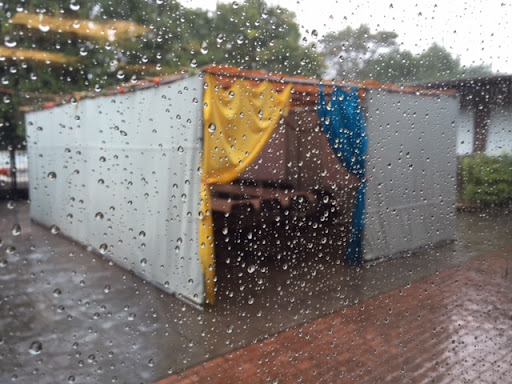
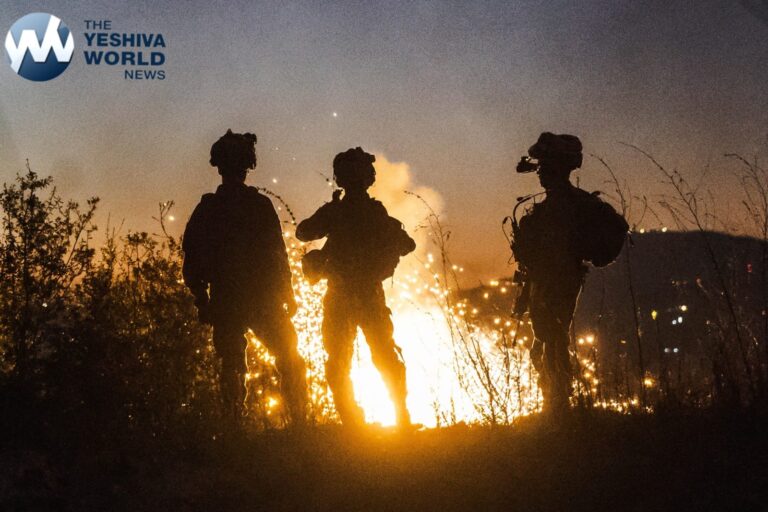

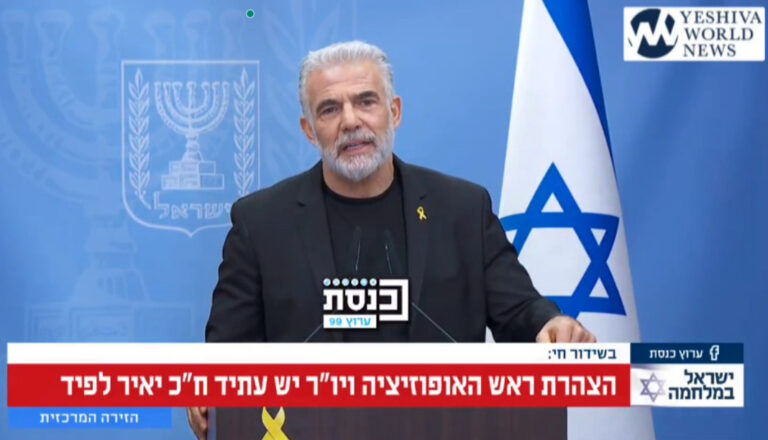
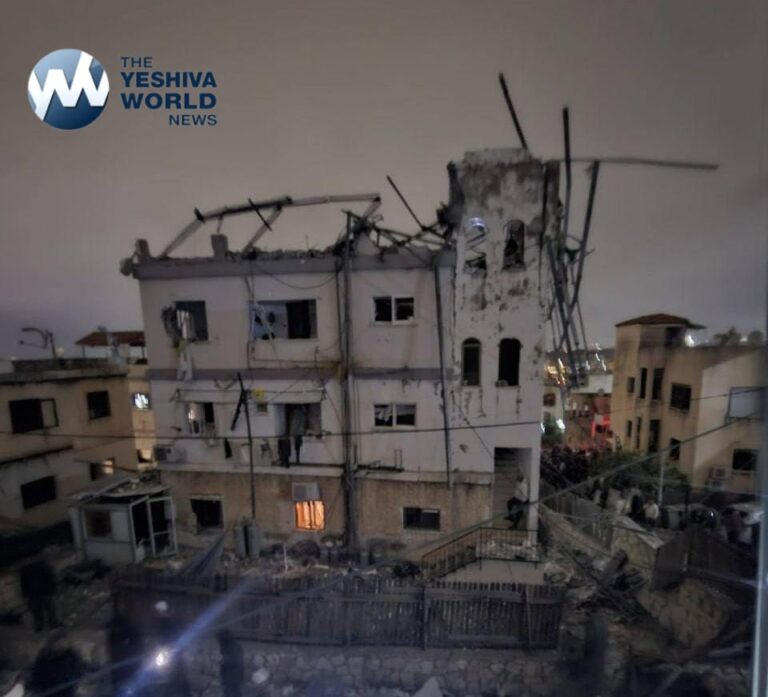

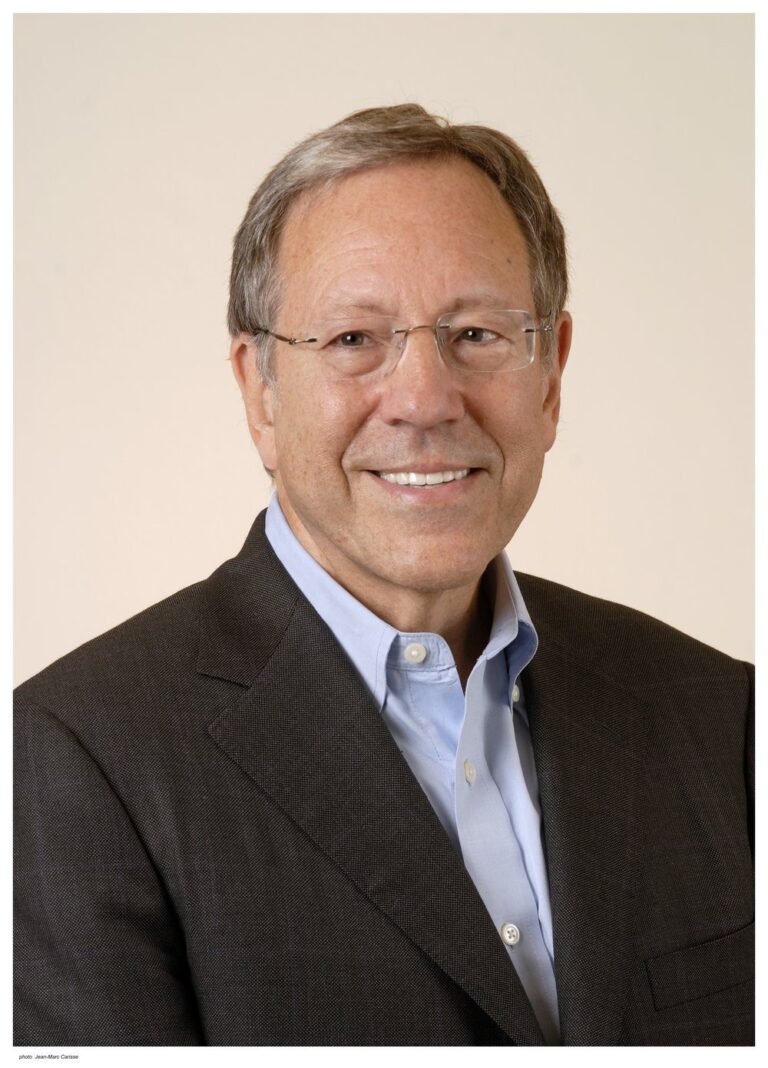
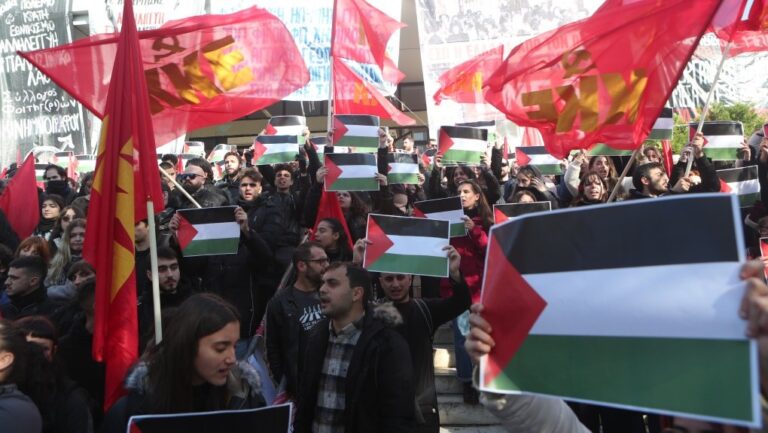
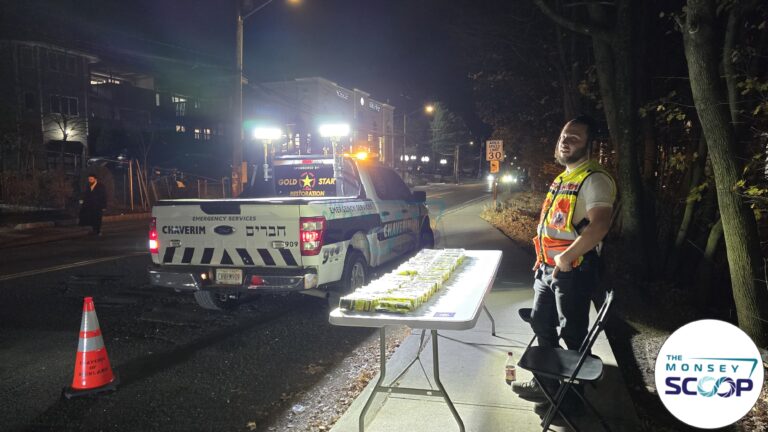
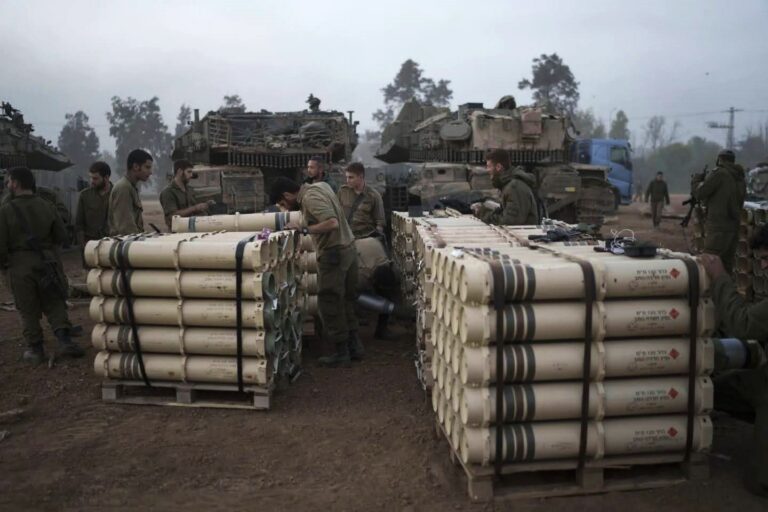
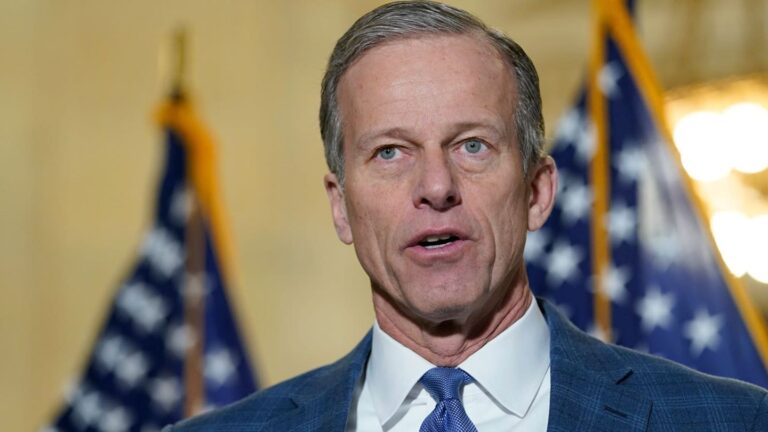
8 Responses
Don’t forfet to make a shehechiyanu on kiddush for Yom tov, and then another shechiyanu again when sitting for first time in the sukah, when ever that is.
If you hold that the first night we are machmir and there is no mitztaer heter, then sleeping should be the same as eating. Always.
Remember that sleeping is the ikkar mitzvah of Sukkah, teshvu Kevin taduru. The main purpose of a dwelling place is that you can sleep in it. This is obvious.
Achilas keva we also try to do in a sukkah, but that is not as important as sleeping, which “the definition” of a deelling, “teshvu”.
A homeless person, someone without a “dwelling”, is characterized by someone who sleeps on a park bench. Meaning he doesn’t have a place to sleep. A big meal, also, but not as much.
Shaina is chayav even for Aray. Achila is only for Keva
Although it is permitted to eat a mere snack outside the Sukkah [and only a set meal is forbidden], nevertheless, regarding sleep, even a temporary sleep is forbidden, as there is no reason to differentiate between a temporary sleep and permanent sleep. The reason for this is because at times a short nap suffices [to power and reenergize a person just like a regular sleep and] therefore it is considered like a complete sleep [Shinas Keva] for which one is obligated to enter into a Sukkah to perform.
Sukkah 28B : The Sages taught: “In sukkot shall you reside” (Leviticus 23:42), and they interpreted: Reside as you dwell in your permanent home. From here they said: All seven days, a person renders his sukka his permanent residence and his house his temporary residence. How so? If he has beautiful vessels, he takes them up to the sukka; if he has beautiful bedding, he takes it up to the sukka; he eats and drinks and is metayel in the sukka and studies Torah in the sukka.
It might not be necessary to repeat שהחיינו when eating in the succa the first time as Pine Lake Park suggests
See Mishna Berura
דאפילו אם נימא דפטור אז מסוכה מ”מ יוצא בזה דלא גריע ד”ז מאלו בירך שהחיינו בחול בשעת עשייה בסוכה דיוצא בזה
Even if we say that one was exempt at that time [when he said shehecheyanu in the sukkah while it was raining on the first night], he has nevertheless fulfilled his obligtion. This is because it is no worse than had he recited shehecheyanu before yom tov when he built the sukkah, in which case one has fulfilled the obligation.
Thanks Rabbi Hoffman for such a good and clear summary.
I would like to point out, though, that it is my understanding that most Sefardim poskim hold that since the mechaber did not write a special halacha for the first night, it must be that he rules that there is no difference between the first night and other nights. Some people are machmir to wait an hour or two to try to eat in the Sukkah and fulfil the stringent opinion, but if rain doesn’t stop, most Sefardim poskim rule to eat at home and don’t require to eat a kezayis in the Sukkah under rain.
It’s worth remembering that women have no such restrictions. It is obvious, but we tend to forget it anyway. So technically, even if you have to sit and wait till chatzos, or make kiddush in the rain, the women in the family can sit in the house and make their own kiddush.
@kako
Agreed Sfaradim did not adopt the remahs position. Not sure where he got that from. Could be some communities did but the Edut Hamizrah did not.
It’s nice to see Pine Lake Park from last year.
Wow. Reading my own posts from 13 months later is inspiring.